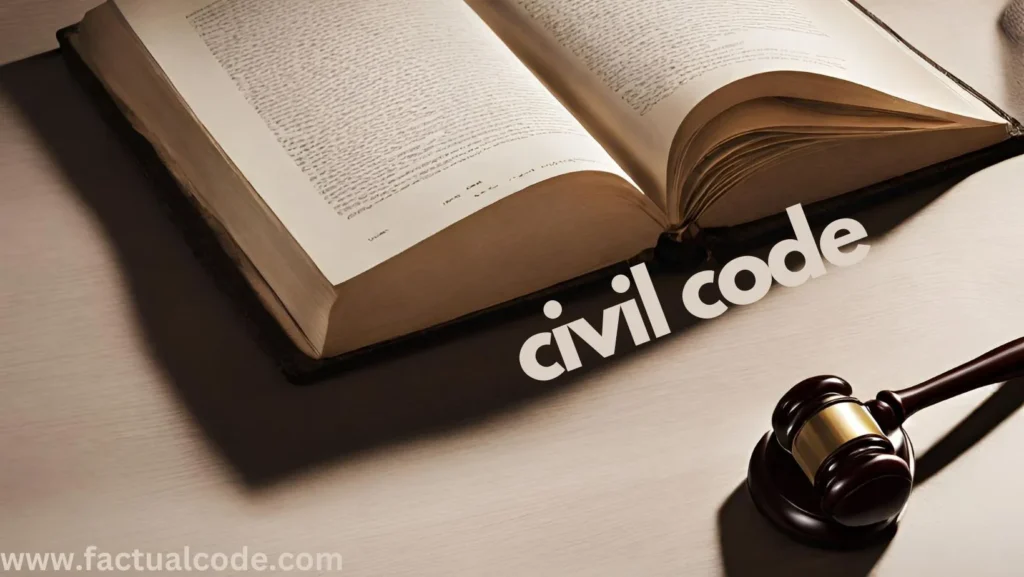Introduction
The Limitation Act, 1963, serves as a pivotal statute in delineating the temporal boundaries for initiating legal proceedings. Recognizing the intricate realities of legal disputes, the Act incorporates Section 17 to address situations where fraud or mistake impedes a party’s ability to act within the prescribed limitation period. This provision defers the commencement of the limitation period until the fraudulent act or mistake is discovered, thereby ensuring justice supersedes procedural constraints.
Key Provisions Under Section 17 of the Limitation Act, 1963
General Rule
While ignorance of legal rights does not ordinarily halt the limitation period, Section 17 provides crucial exceptions. These exceptions ensure that plaintiffs disadvantaged by fraud or mistake are not unjustly precluded from accessing remedies due to procedural time bars.
Specific Conditions for Postponement
Fraudulent Actions:
If the cause of action stems from the defendant’s fraudulent conduct, the limitation period begins only upon the discovery of the fraud.
Illustration: A defendant conceals material ownership evidence to invalidate a legitimate claim.
Fraudulent Concealment:
When the defendant’s fraudulent act conceals the plaintiff’s right to sue, the limitation period begins upon the discovery of the concealed right.
Mistake:
Where the claim is rooted in a mistake, the limitation period begins only after the plaintiff identifies the mistake.
Illustration: Erroneous financial payments made due to a misapprehension of contractual terms.
Fraudulent Concealment of Documents:
If critical documents are fraudulently concealed, the limitation period commences upon their discovery or when access becomes feasible.
Protection for Bona Fide Purchasers
The Act provides safeguards for bona fide purchasers who acquire property for value without knowledge of fraud or mistake:
Fraud Cases: Recovery actions against bona fide purchasers unaware of the fraud are prohibited.
Mistake Cases: Similar protection applies when purchasers are unaware of the mistake.
Extension in Execution Proceedings (Section 17(2))
Courts may extend the limitation period if a judgment-debtor obstructs the execution of a decree through fraud or force.
Applications for extension must be filed within one year of discovering the fraud or cessation of force.
Judicial Interpretations and Comparative Analysis
Indian Perspective
Gobinda Lal v. Nalini Kanto (1925):
Held that fraudulent non-disclosure of indebtedness justified deferring the limitation period.
P.C. Agarwal v. Collector of Ballia (1965):
This case clarified that mere procedural irregularities or fraud that does not impede the knowledge or ability of the plaintiff to act would not invoke Section 17. Fraud must specifically obstruct the plaintiff’s legal remedies.
English Perspective
Section 26, Limitation Act, 1939 (UK):
Similar to Indian law, fraud, concealment, or mistake defers the limitation period until discovery.
Protects bona fide purchasers from claims rooted in fraud or mistake.
Kitchen v. R.A.F. Association (1958):
Broadened the scope of fraud to include unconscionable conduct, enhancing equitable relief.
Comparison
Indian law derives precision from its statutory definition of fraud under the Indian Contract Act. Conversely, English law’s equity-based approach offers broader interpretative flexibility. Both frameworks aim to prevent unjust enrichment and ensure fairness.
Key Principles Derived from Case Laws
Fraud or Mistake Must Obstruct Rights: Only acts directly impeding the plaintiff’s legal rights justify deferring the limitation period.
Reasonable Diligence: Plaintiffs are required to act promptly upon discovering fraud or mistake.
Equity Over Procedural Rigor: Courts prioritize substantive justice over strict adherence to procedural time limits.
Practical Implications
For Plaintiffs: Prompt and diligent action upon discovering fraud or mistake is essential to safeguard claims.
For Defendants: Ethical and transparent conduct mitigates exposure to allegations of fraud or mistake.
For Purchasers: Comprehensive due diligence is critical to protect against potential claims arising from fraud or mistake.
Conclusion
Section 17 of the Limitation Act, 1963, epitomizes the delicate balance between statutory precision and equitable justice. By deferring limitation periods in cases of fraud or mistake, it ensures substantive fairness takes precedence over procedural rigidity. This provision underscores the judiciary’s commitment to upholding the principles of equity, ensuring that no party is unjustly barred from seeking redress due to another’s misconduct or inadvertent errors.

